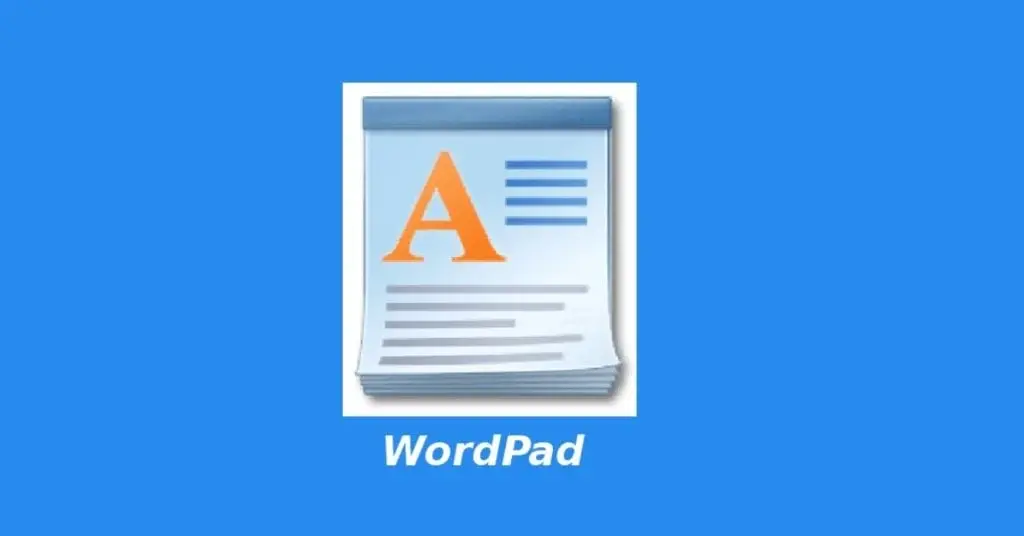Farewell to WordPad and People App
Microsoft has announced that WordPad, the text editor that has been a part of Windows for nearly 30 years, will be removed from the operating system in a future update. The latest Windows 11 Insider build (26020) no longer includes WordPad, and this change is intended to be permanent. Users will not be able to reinstall the program through official channels after the stable build rolls out to the public.
The announcement was made on the Windows Insider Blog along with other new features of the Windows 11 Insider build (26020). These features include enhanced voice access tools and improved text-to-speech voices. However, the removal of WordPad stands out due to its long history and familiarity with many users. According to the blog post, starting with this build, WordPad and the People app will no longer be installed after doing a clean install of the OS. In a future flight, WordPad will be removed on upgrade, and it will not be reinstallable. The blog post also mentions that WordPad is a deprecated Windows feature.
WordPad has not received updates in years and was considered to be somewhere between a basic notepad and a full-fledged word processor. While it was free and did not require internet access, most users have found better alternatives elsewhere. Therefore, the removal of WordPad is not a huge surprise.
In addition to WordPad, the People app will also be removed, and the Steps Recorder will no longer receive updates. Microsoft suggests ClipChamp as a potential replacement for the Steps Recorder.
Updates to Notepad and Other Additions
While WordPad is bidding farewell, Notepad, the reliable text editor, continues to see changes. The latest build of Windows 11 adds some improvements to Notepad, including accessibility tweaks for voice control and the ability to pause and resume printing. However, some users may find the constant tinkering with Notepad unnecessary.
Apart from these changes, the new build of Windows 11 brings a few other noteworthy additions. Users will now receive a notification when their computer is in energy saver mode, which can be helpful in managing power consumption. Additionally, users can now give their devices more descriptive names, making it easier to share and identify them.
Overall, while the removal of WordPad may disappoint some longtime users, it is clear that Microsoft is focusing on enhancing other features and providing better alternatives for text editing and productivity. Users can explore various third-party applications that offer more advanced functionality and modern design.


Leave a Reply